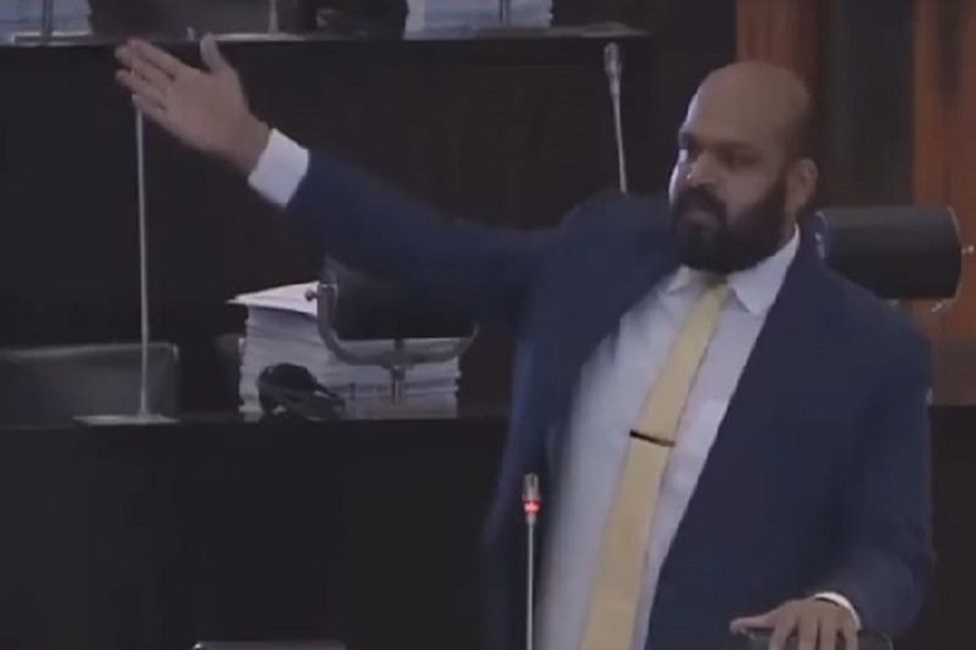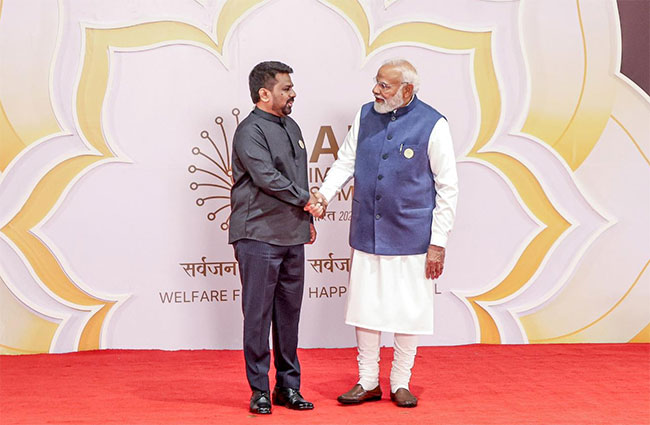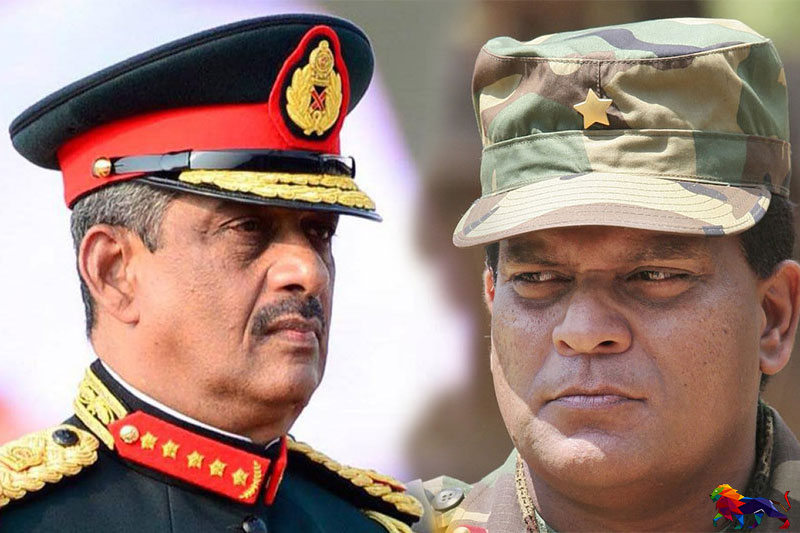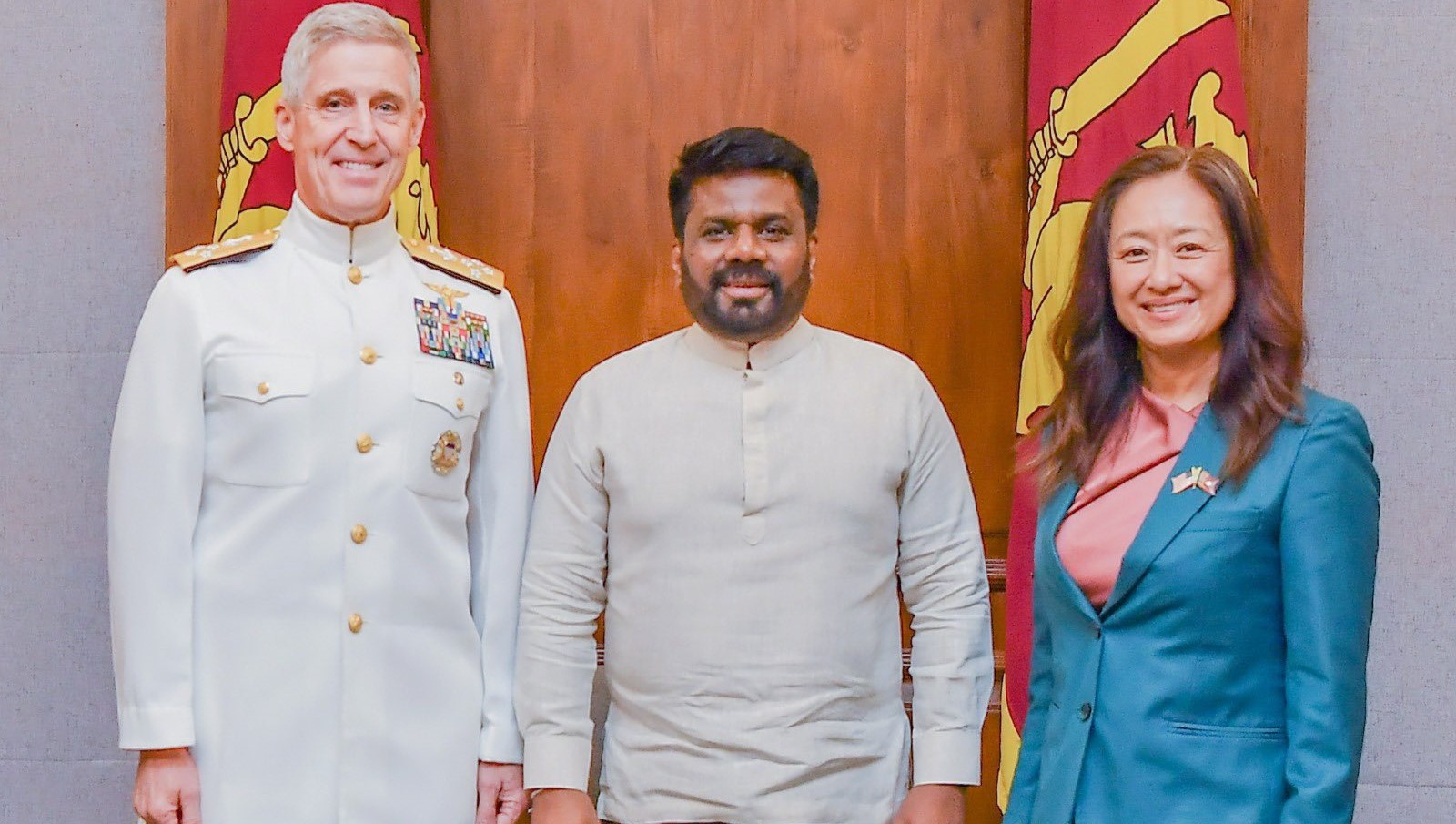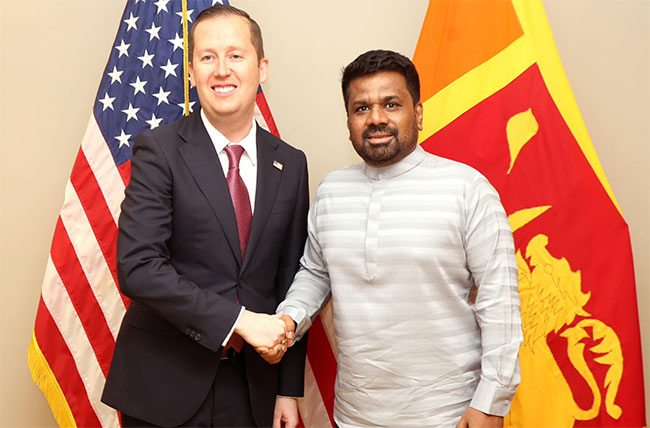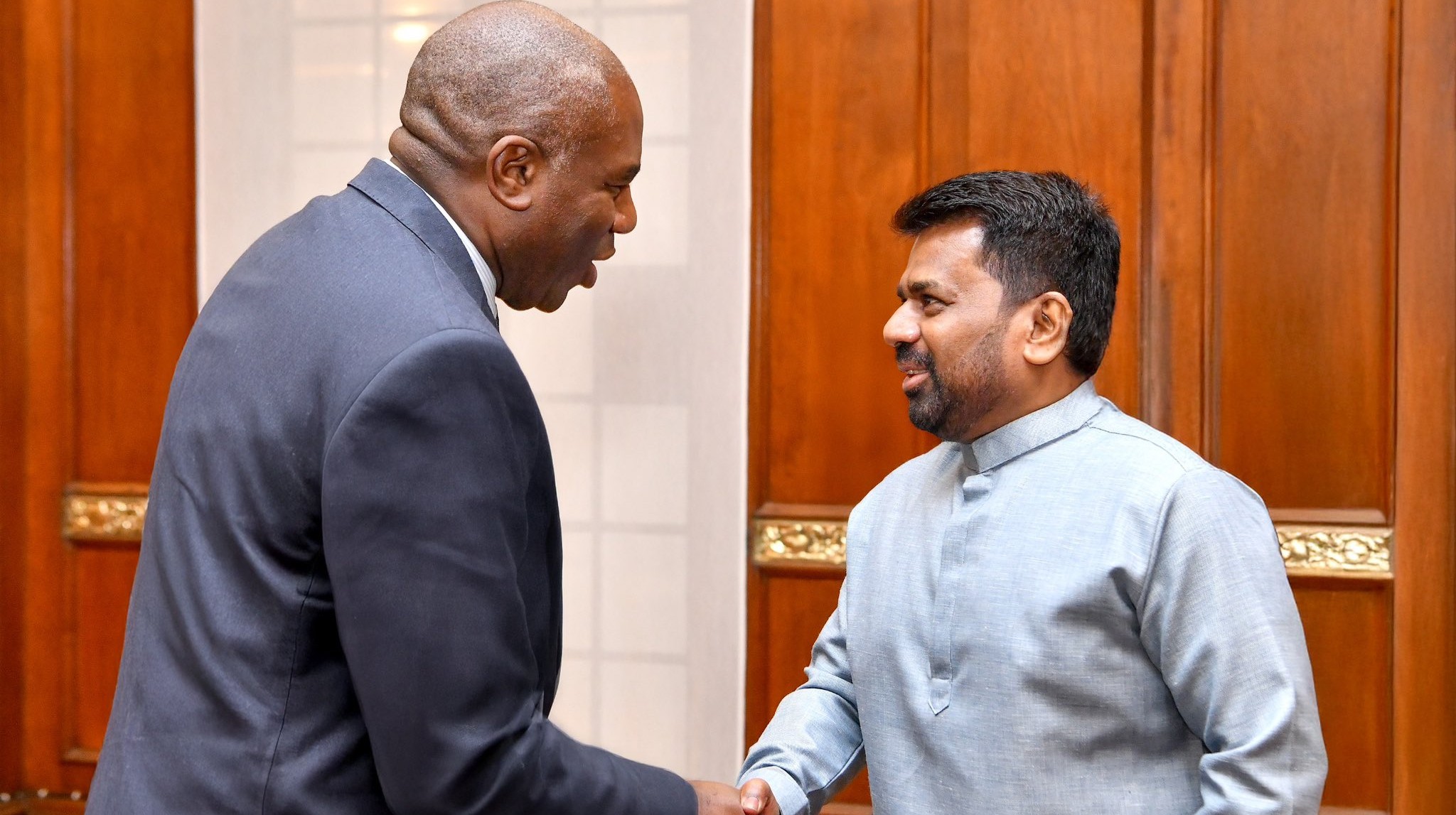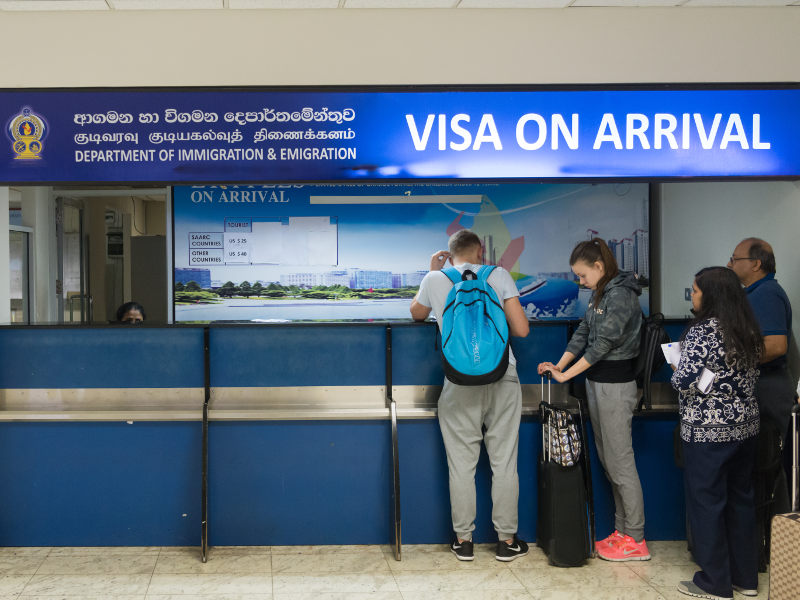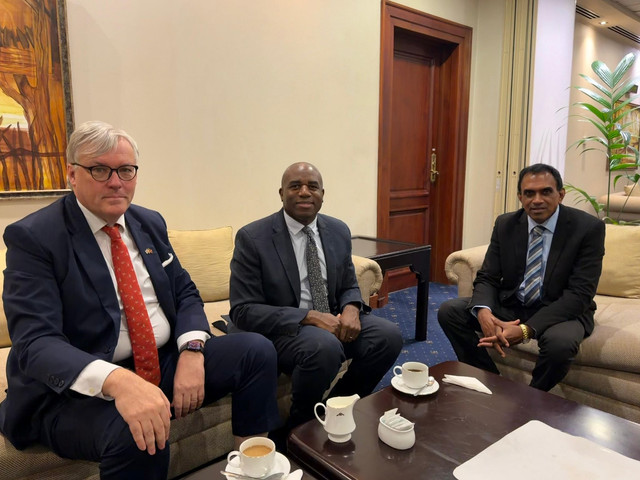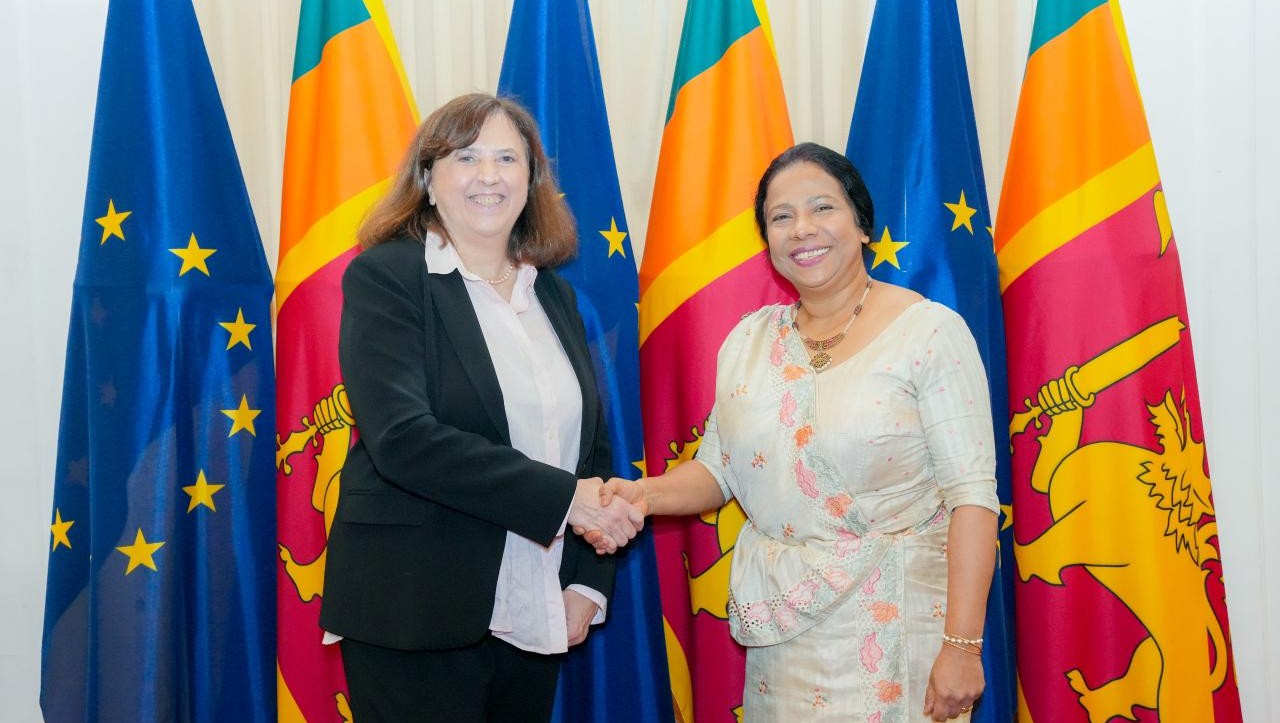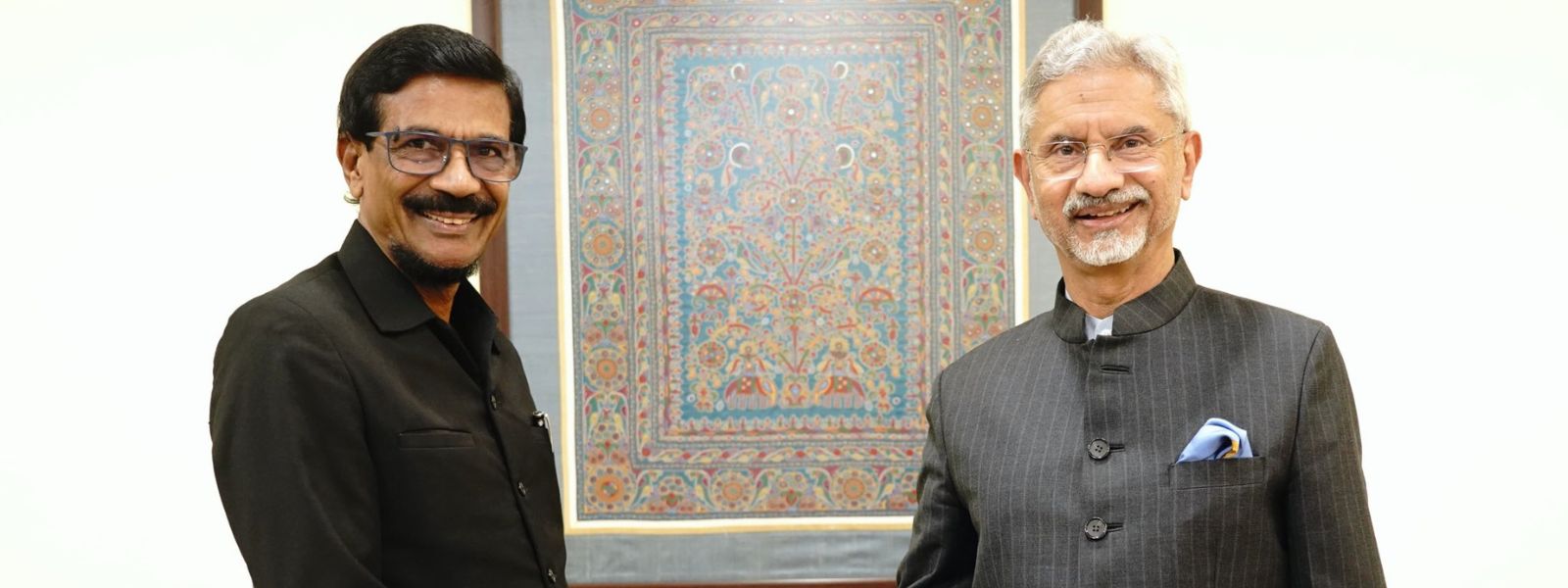Tamil National Alliance (TNA) MP Shanakiyan Rasamanickam says he strongly opposed an attempt in Parliament to include Provincial Council elections under a new parliamentary select committee tasked with reviewing election laws.
In a statement, the MP said a parliamentary select committee on Provincial Councils already exists and has been given a three-month timeframe to submit its report. Creating another committee to examine the same issue would lead to legal confusion and potentially delay the long-overdue Provincial Council elections, he said.
Rasamanickam warned that if two separate committees were to submit reports on the same electoral system, Parliament could face uncertainty over which set of recommendations to adopt.
He also raised concerns that establishing a new committee with a one-year timeframe could be used as a pretext to further postpone Provincial Council elections.
“For that reason, I firmly objected to allowing such a move,” he said.
Following what he described as intense debate between government and opposition members, Rasamanickam said he made it clear that agreement could only be reached if references to Provincial Councils were removed from the proposal.
He said the proposal ultimately moved forward only after the Provincial Council component was taken out, limiting the scope of the new committee to other electoral systems.
The MP further expressed surprise at what he described as the government’s willingness to accommodate an opposition request for a select committee, despite what he said were clear risks of further delays.
Provincial Council elections in Sri Lanka have been postponed since 2018, with repeated calls from political parties and civil society groups to conduct the polls without further delay.


